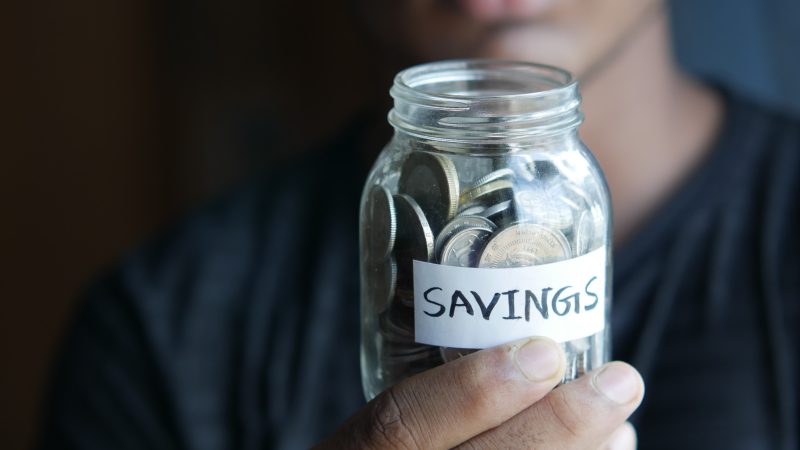Is $5 000 a good emergency fund?

Life is full of surprises, some good and some bad. Although we can’t always predict what will happen, one thing that we can do to prepare for the unexpected is to have an emergency fund. But how much money should be in it? Is $5 000 enough? In this blog post, we’ll explore what an emergency fund is, why it’s important to have one, and how you can start building yours today. Get ready to take control of your finances and be prepared for whatever comes your way!
What is an emergency fund?
An emergency fund is a financial safety net designed to help you cover unexpected expenses that may arise. These can include medical bills, car repairs, or even job loss. The purpose of an emergency fund is to provide you with the necessary funds to weather any storm without having to resort to credit cards or loans.
The amount of money in your emergency fund should be based on your individual circumstances and needs. Experts generally recommend saving enough money to cover 3-6 months’ worth of living expenses.
It’s important to note that an emergency fund shouldn’t be used for non-emergency situations such as vacations or buying a new TV. It’s strictly meant for emergencies only.
Having an emergency fund gives you peace of mind knowing that if something unexpected happens, you have the means to handle it without going into debt or depleting your savings accounts. So start building yours today!
How much money should be in an emergency fund?
Determining how much money should be in an emergency fund depends on individual circumstances. The general rule is to save at least three to six months worth of living expenses. This can include rent or mortgage payments, utilities, groceries, transportation costs and any other essential expenses.
However, there are certain factors that may require a larger emergency fund. For example, those with dependents or a single income household may need to save more in case of unexpected job loss. Similarly, individuals with high healthcare costs may also want to set aside extra funds for medical emergencies.
It’s important to note that the amount saved in an emergency fund doesn’t have to be reached all at once. It’s okay to start small and gradually work towards reaching the desired goal over time.
Additionally, it’s crucial not only to consider the amount saved but also where it’s being kept. An emergency fund should be easily accessible without penalty fees or restrictions. A savings account or money market account are good options as they offer higher interest rates than checking accounts while still allowing easy access when needed.
Determining how much money should be in an emergency fund requires careful consideration of personal circumstances and needs for financial security during unforeseen events.





